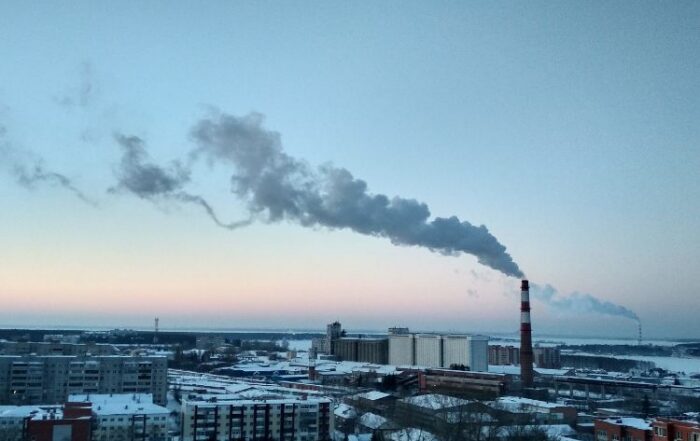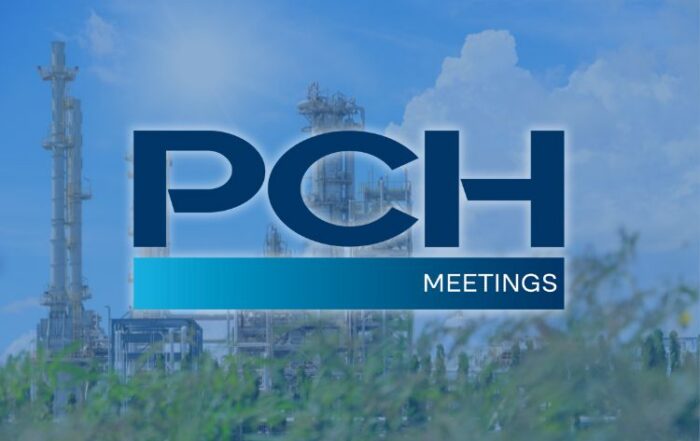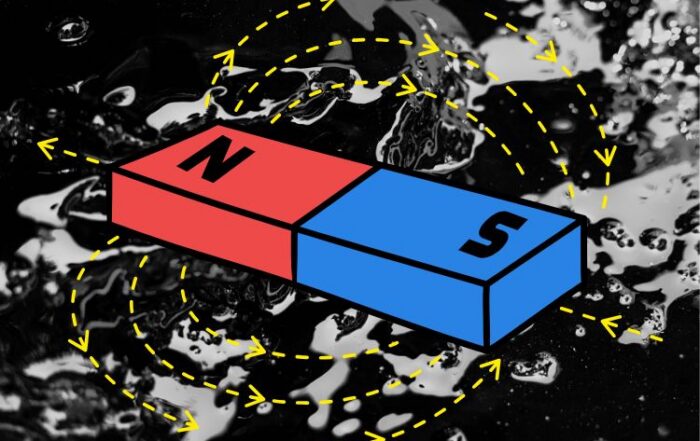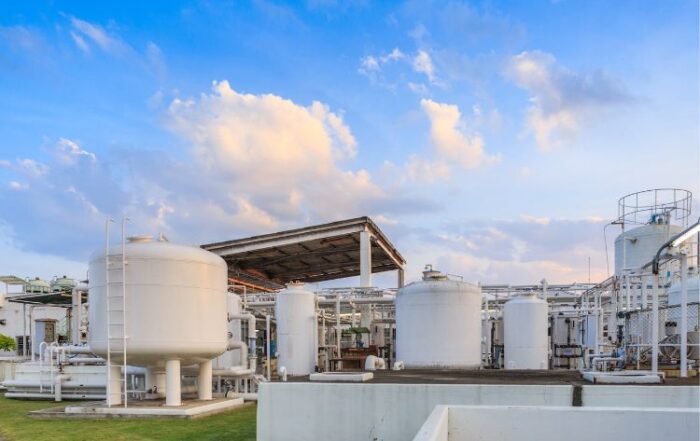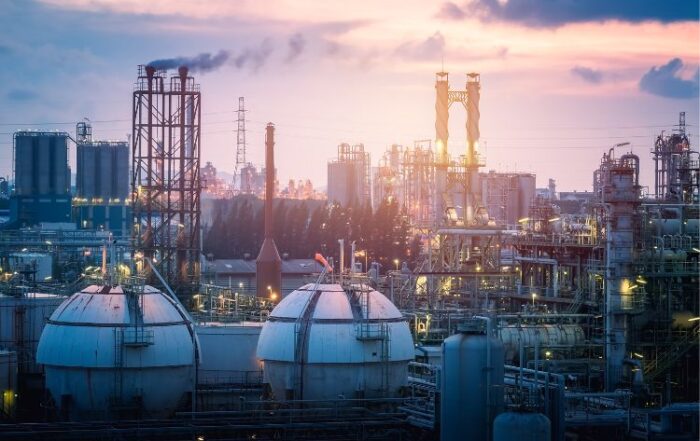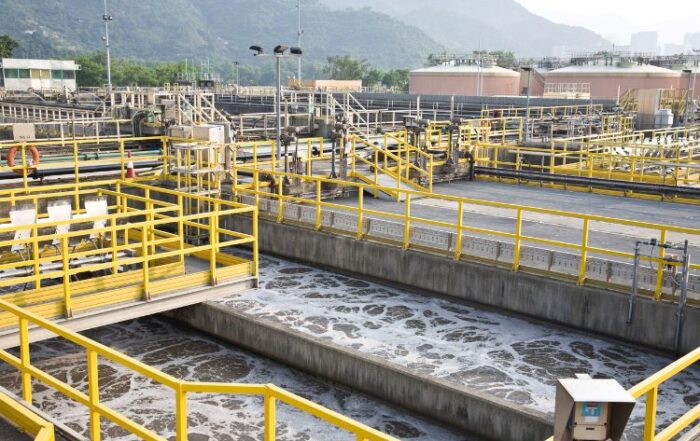
Gas Treatment on Complex Fertilizers
Complex fertilizers are products containing two or three basic nutrients: nitrogen, phosphorus and potassium and may also contain secondary nutrients and micronutrients.
Manufacturing process of complex fertilizers consists on the chemical reaction of different raw materials that compose them, obtatining a slurry that is afterwards granulated, dried, classified and packaged. The nitrogen content in this type of fertilizers can be under nitric, ammoniacal or urea from, depending on the raw materials used in the manufacturing.
In the case of the NPK fertilizers manufacturing essentially two types of facilities are used: production plants via acidic mixture and production facilities via nitrophosphate.
Gas emission and treatment
The main areas of emissions come from the granulator and the drier and contain high quantity of dust mixed with NH3 at high temperatures. In this case, the TECNIUM solution is to install a recovery system formed by a venturi followed by a multi-venturi, which provide high efficiency without clogging the equipments. The result is an efficient decontamination facility, a simple maintenance and the obtention as well, of a recyclable byproduct in form of ammonium salts (usually ammonium phosphate).
Key Advantages
- Environmental benefits: Process efficiency over 99% with NH3 emissions below 10 mg/Nm3
- Economic benefits: low maintenance, and reuse of by-products, ammonium salts, which can be reintroduced into the process or commercialized as another variety of fertilizer.
More Information
Give us your contact details and we will advise you on the best solution for your application.
View also
How Gas Scrubbing Technologies Will Drive Decarbonisation in the Chemical Sector
Decarbonisation as the Urgent Challenge for the Chemical Industry The chemical industry is entering one of the most transformative decades in its history. As regulatory pressure intensifies and global climate targets advance, [...]
Tecnium to attend PCH Meetings 2025 in Lyon
Leading Innovation in Chemical Process Equipment Tecnium will participate in the 21st edition of PCH Meetings, the leading international business convention for process, chemical, petrochemical, and pharmaceutical industries, to be held on [...]
Magnetic Drive Pumps: The Science Behind Leak-Free Chemical Transfer
Why Magnetic Drive Technology Matters In industrial environments where safety, reliability, and chemical containment are critical, even a small leak can have major consequences. Traditional centrifugal pumps, which rely on mechanical seals [...]
Biofiltration for Air Pollution Control
Introduction to Biofiltration and Air Pollution Control Air pollution control is a persistent challenge across multiple industries — from wastewater treatment to chemical manufacturing, food processing, and beyond. As regulations grow stricter [...]
ECHA 2025 Report
Why the ECHA 2025 Report Matters The European Chemicals Agency (ECHA) plays a central role in regulating the safe use of chemicals across the European Union. Through its guidance, risk assessments, and [...]
A Key Element for Environmental Protection in WWTPs
Why Gas and Odour Emissions in WWTPs Are an Environmental Issue Wastewater treatment plants (WWTPs) play a critical role in safeguarding public health and the environment. However, the treatment process itself can [...]

